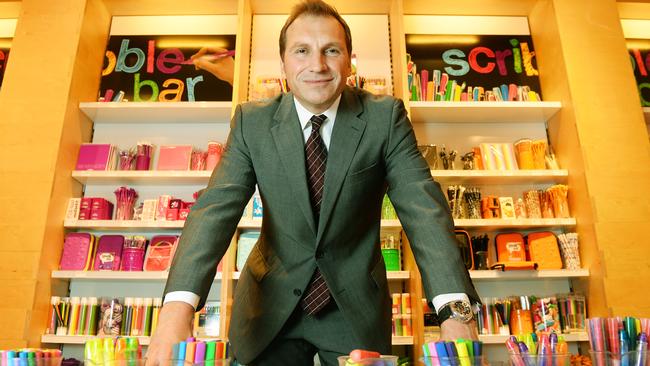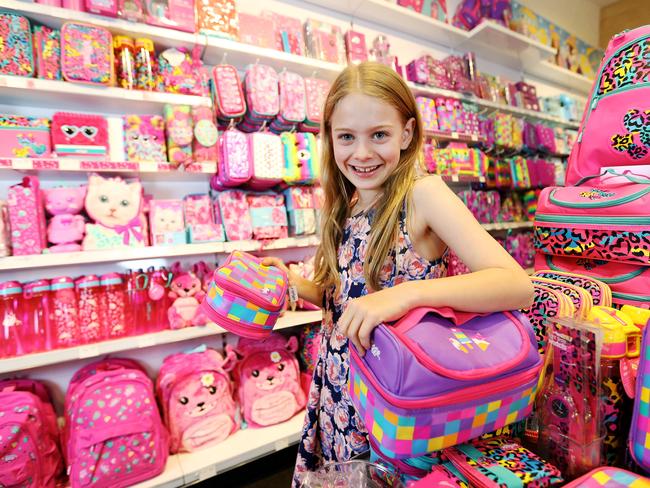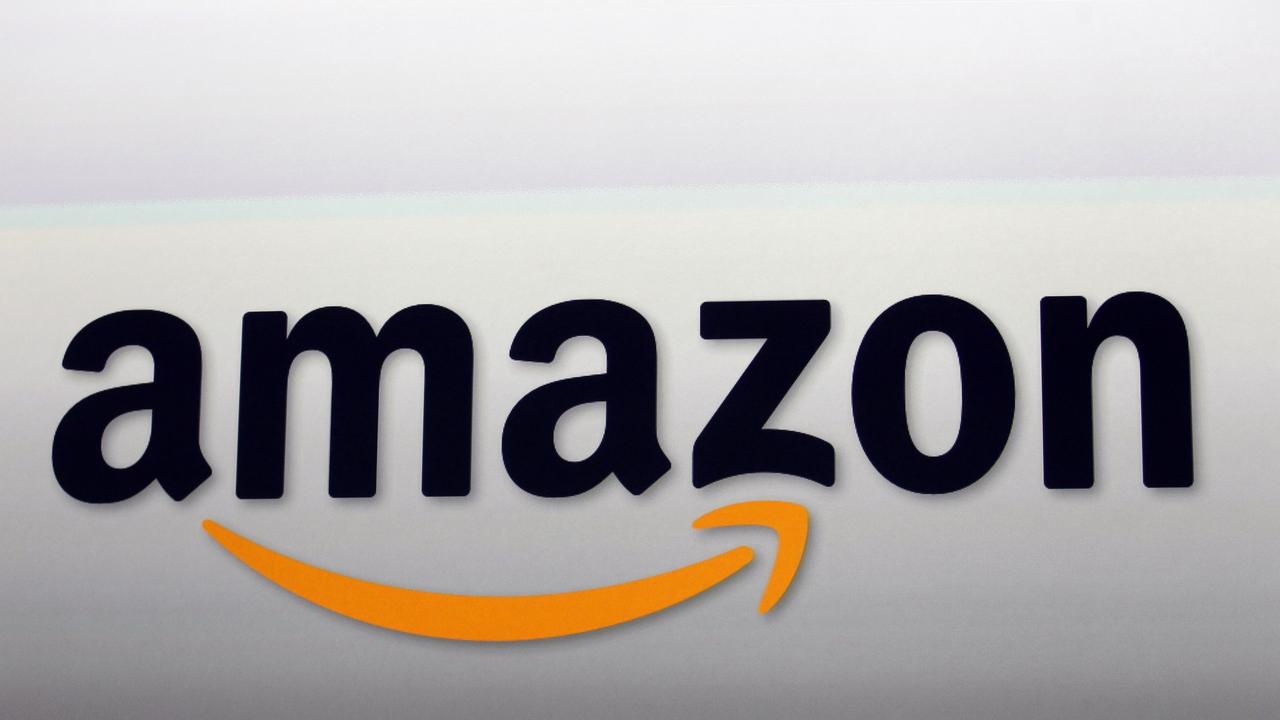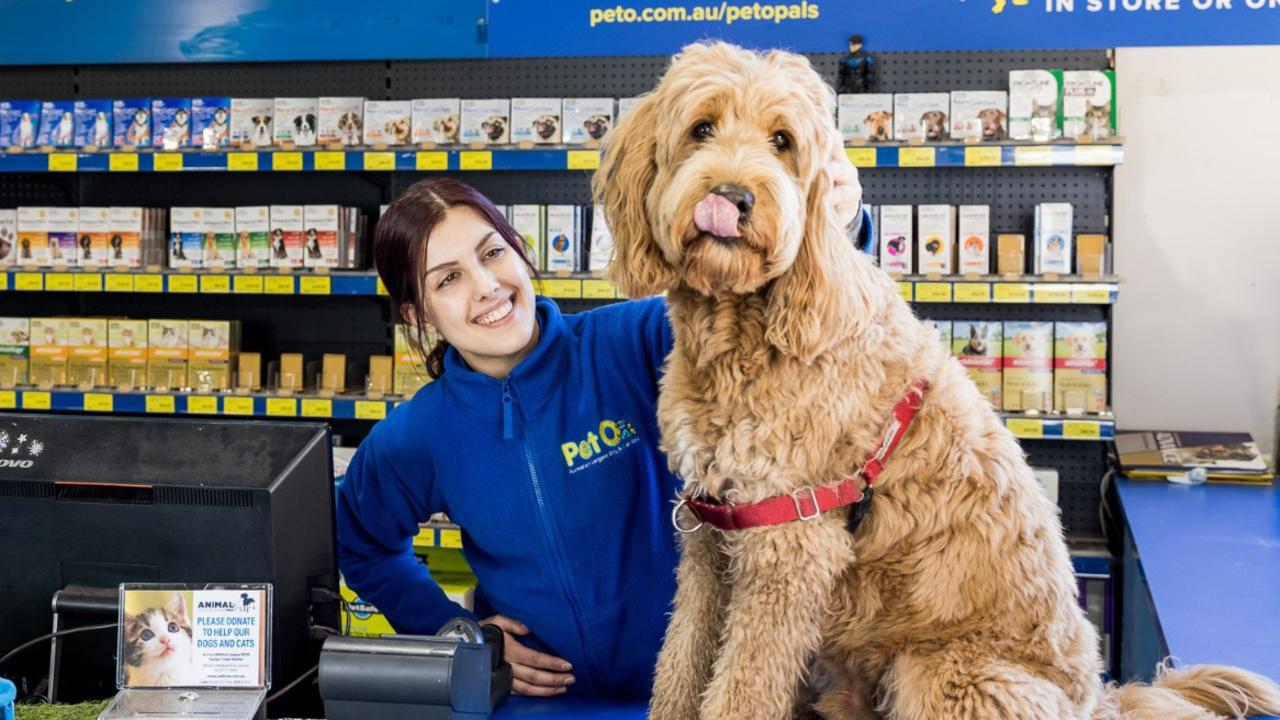How Smiggle became a powerhouse as the ‘healthy alternative’ to screen addiction
SMIGGLE — a “healthy alternative” to the dreaded screen — is taking over the world, one pink pencil case at the time.

TECHNOLOGY is killing off pencils and paper, both in the office and at home.
So how has Smiggle, the colourful, kid-friendly stationery retailer founded in Melbourne 13 years ago, turned into a global powerhouse? By giving parents a “healthy alternative” to the dreaded screen, according to managing director John Cheston.
And giving kids somewhere to spend their pocket money.
“When the brand was established here in Melbourne in 2003, it was pretty much a commodity stationery brand for anybody up to say 35 or 40, based on the principle of our five basic colours,” said Mr Cheston, a former Marks & Spencer retailer who took over running Smiggle in 2012.
“In the last four years we’ve finetuned it to be more of a kids proposition, from six or seven to 12 or 13. While we do have fans who are younger or older, we try to hone our proposition to that sweet spot.
“What we’ve done then is finetuned it even further. Kids spend a lot of time now on tablets and PlayStations, and we like to see ourselves as the healthy alternative to the dreaded screen.
“Mum and dad might say, ‘You can go on the screen for a few hours to play Minecraft or Club Penguin, but you need respite, so what about doing something creative like colouring, making something or going into the garden and throwing something?’
“So we like to think we coexist with parents or grandparents who don’t want their kids on the screen all day.”
In 2007, Smiggle was acquired from founders Stephen Meurs and Peter Pausewang for $29 million by the Just Group, which was itself acquired by Solomon Lew’s Premier Investments the following year.
In the 2016 financial year, Smiggle’s sales were $188 million, up 41.8 per cent on the previous year and 79 per cent over two years, with more than 50 per cent of its revenue now coming from overseas.
The purveyor of pink pencil cases now accounts for 18 per cent of Premier Retail’s total sales, which increased by 10.9 per cent in the year to $1.05 billion — topping the billion-dollar mark for the first time.
The company opened 52 new stores in 2016, taking the total to 239 locations in Australia, New Zealand, Singapore, the UK, Malaysia and Hong Kong at the end of the financial year. On Friday, it opened three new UK stores, bringing its total to 90. The company believes the UK could support up to 200 stores by 2018-19 with potential sales of $200 million.
Just this week, Smiggle was named Retail Brand of the Year at the prestigious annual awards held by the British Council of Shopping Centres at a black-tie event in London.
“The UK has been phenomenal,” Mr Cheston said. “There is limited competition over there. There are a lot of big-box category killers, but very limited stationery lifestyle players for kids.
“There are a lot of similarities between the UK, the US and Australia. Public holidays, Christmas and Easter are widely celebrated, but school holidays have different timing.
“Here it’s mid-December through to January, over there it’s the end of July to the beginning of September. That’s fantastic for me because instead of being overly reliant on a strong January and Christmas, we have a strong trading period in August and September in the UK.
“And of course in Asia, we have the benefit of a slightly flatter curve because their school holidays are at different times. We like it to always be school holidays somewhere in the world.”

Premier Investments, which reported net profit after tax of $103.9 million, an increase of 17.9 per cent, doesn’t break down profit information for its individual brands. Market research firm IBISWorld says it expects Smiggle’s profit margins have trended upwards over the past five years.
“What I would say is we would not be spending the capital we’re spending on this very speedy rollout if we were not happy with the return-on-investment [it’s] delivering to our shareholders,” Mr Cheston said.
While the company is “working actively on a number of markets”, Mr Cheston wouldn’t say which countries were next on the list. “We see significant inquiries from people to say come to this market and that market,” he said. “Watch this space.”
In Australia, Officeworks still dominates the $740 million stationery goods retailing industry with 46.2 per cent market share, according to IBISWorld. Smiggle is the second-biggest player at 12.2 per cent market share.
IBISWorld says the prospects for stationery retailers in Australia are “far from positive” due to “pens and paper [becoming] less common”, with industry revenue forecast to fall at an annualised 2.4 per cent over the next five years to $655 million.
But as the wider industry declines, Smiggle has swum against the tide. “[Smiggle’s] strong performance has contrasted the weak performance of the industry over the past five years, highlighting the success of this fashion-based retail brand,” said IBISWorld industry analyst Arna Richardson.
According to Mr Cheston, two reasons for Smiggle’s continued success have been diversifying beyond school supplies, and increasing the rate of new product rollout. “Kids are at school for probably 40 weeks a year where we are the key place to come and shop, but there are 12 weeks where kids are on holidays,” he said.
“So we do creative packs, activity packs, activities to play in the garden like hopscotch or rainbow ribbon.
“The key is regularity of product newness. We drop new products now every week — when I started it was every two months. We embrace the fact that we rely on kids’ pocket money. Every time somebody comes into our store on a Saturday or Sunday, there’s something new to spend money on.”





